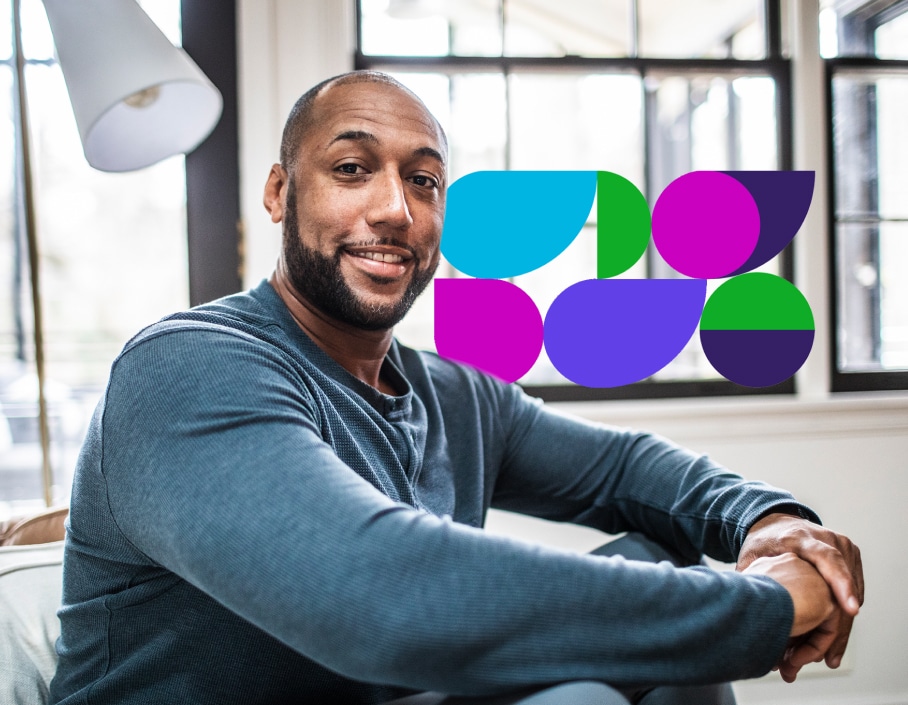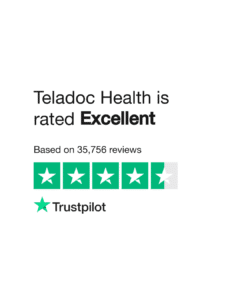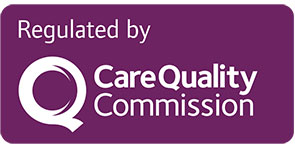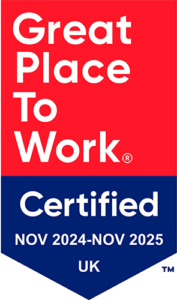Dr David Griffiths is the Chief Medical Officer (CMO) at Teladoc Health UK. David talks to us about his role and more in our Q&A.
What role does a CMO play at Teladoc Health UK?
I’m ultimately responsible for the performance of the clinical teams, which takes us from recruitment to training to monitoring and appraisal. For all of this, I depend on a team of Clinical Leads – thankfully, they are superb, as are my colleagues in operations, who are critical to making things happen.
I really enjoy my role because I have a clear goal – to provide truly excellent clinical services– which has loads of really interesting elements and taps into my interest in system thinking.
What trends are you seeing in Virtual Healthcare right now?
I think patients appreciate flexibility. They want to be able to access healthcare in multiple ways. They also appreciate receiving messages from health professionals, not just phone calls.
Wearables are bringing lots of new data: heart rate patterns. I had a patient present with a new diagnosis of a rhythm abnormality from their watch just last week. Lots of patients have oxygen saturation monitors as a hangover from Covid. Blood pressure monitoring at home is also becoming much more common.
Virtual wards are a new-ish development, where doctors monitor patients at home where they would previously have been in hospital; a much better experience for the patient while avoiding some of the risks of hospitalisation.
Of course, it’s not just clinicians who can use the extra data. Patients have increased access to their health parameters and much greater access to information to help them make sense of it. Sometimes, patients’ difficulty is knowing which information to trust, and clinicians can provide necessary support and sense-checking.
Artificial Intelligence will revolutionise healthcare in multiple ways: predicting risk, improving diagnosis, understanding disease progression, interpreting investigations, improving process efficiency…the list goes on.
Virtual Reality is already in use as a way of distracting patients from pain, for example, but there will be massive benefits for remote healthcare providers in the future as we’ll be able to monitor and interact with patients even more effectively; we’ll also be able to enhance our teamworking capabilities and revolutionise education and training. These opportunities are really exciting!
Which medical experiences have best prepared you for the chief medical officer role?
My background as a General Practitioner means I have a broad understanding of health and healthcare. I am an expert in complexity, managing interacting conditions, and helping patients understand and live with risk. When it comes to management, these concepts are beneficial.
I also trained as a physician, and understanding how secondary healthcare approaches clinical issues is also invaluable.
I have a background in GP education, which means I have thought about the learning needs of individuals and groups and how to meet them. There is a lot of governance in education as well, of course.
Most recently, I was the Clinical Lead for a national programme training GP teams in Quality Improvement (QI) skills. I really love thinking about how the design of a service determines the outcomes.
Why do you think Teladoc Health is a good option for organisations looking for a Virtual healthcare provider?
We are very experienced in providing remote healthcare, and we have services and experts (over 50,000) worldwide. We always look to blend delivering a high-quality, extremely safe service with developing new and innovative offerings.
I think we have a great mix of services, from GP Consultations through Nutrition and Physio to Mental Health, plus our unique Second Medical Opinion service. We really do offer a holistic approach to health and healthcare, all from the convenience of a patient’s chosen environment and at a time that suits them. It’s so helpful for organisations to have that wraparound offer for their clients, members, policyholders, or staff. And these services can be life-changing, as evidenced by the testimonials on our website.
I would also highlight our superb staff. I’m proud to work with such amazing people – clinicians and non-patient-facing colleagues alike – who care deeply about our clients and patients.
What are your top 5 tips for people seeking a healthier life?
Sleep – try to get enough high-quality, regular sleep. It’s so essential to our quality of life.
Food – try to eat a varied diet of non-processed foods. Experts now talk about eating 30 different types of food a week and making the plate as colourful as possible.
Alcohol – keep your alcohol intake as low as possible. Non-alcoholic drinks are getting tastier and more accessible to find, and the social pressure to drink is lessening, I think. Alcohol has a negative overall effect on health, I’m afraid.
Exercise – regular exercise is hugely important for both body and mind. Try to be strong, flexible, and active every day if possible.
Mental health – don’t neglect this. We can take it for granted, and we sometimes forget that stress, for example, is a mental health issue. Mindfulness, downtime, social support, music, dance…whatever works for you is fine, but don’t forget it. And if you need help, reach out.









